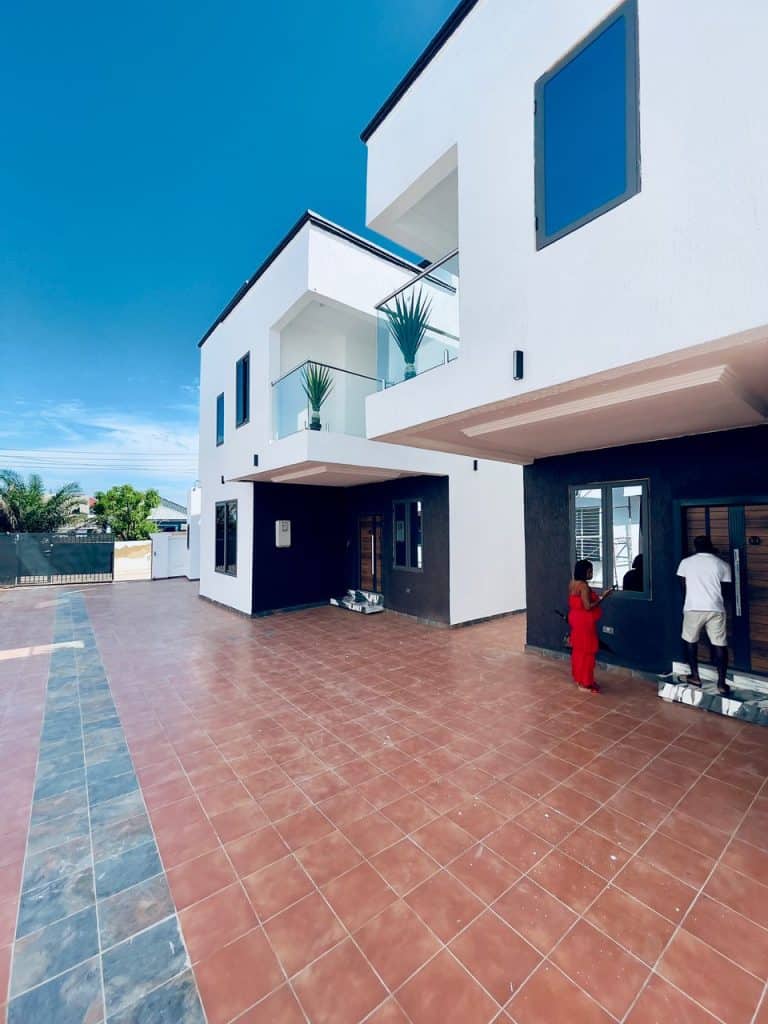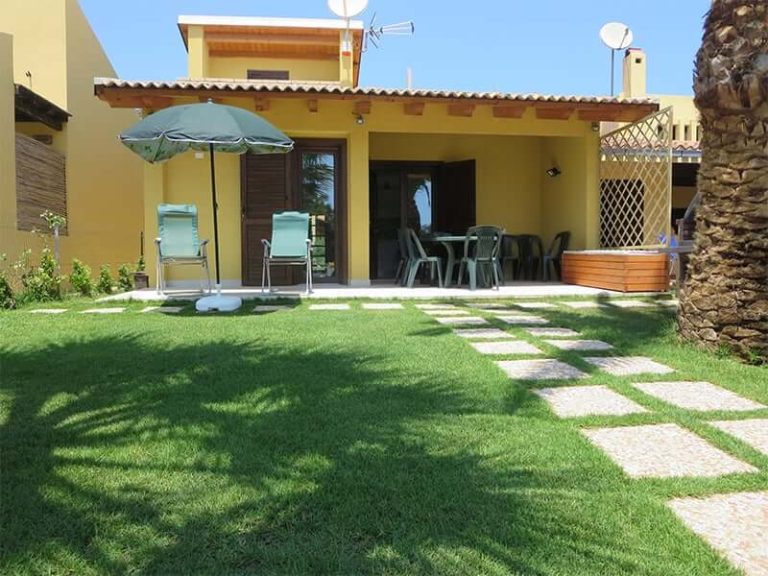This is a premium article written by one of our experts.
Check out

How to Verify Property Documents in Ghana: Avoiding Real Estate Scams
The allure of Ghana’s blossoming real estate market has attracted buyers from diverse backgrounds, including members of the African diaspora looking to reconnect with their heritage. However, along with opportunities comes a significant risk: fraudulent property documents. Forged land titles, duplicate ownership claims, and fake indentures are just a few pitfalls that could jeopardize your investment, potentially resulting in financial loss or expensive legal battles.

How to Travel to Ghana for the First Time – Timeline, Cost & Real-Life Example
This is a premium article written by one of our experts. Upgrade to Navigator or Pathfinder read the full article

Traveling to Ghana: Best & Worst Airlines with Tips for Smooth Flights
Armed with these insights, you can make informed decisions when booking your trip. In the sections ahead, we’ll detail airline options and provide practical travel advice to help ensure your journey to Ghana is both enjoyable and efficient.

A Modern Oasis in Nmai-Dzorn: A Review of a Stunning 3-Bedroom Townhouse
This is a premium article written by one of our experts. Upgrade to Navigator or Pathfinder read the full article

Embrace an Eco-Friendly Lifestyle in Ghana: Practical Tips for Diasporans on Solar Power, Recycling, and Sustainable Living
This is a premium article written by one of our experts. Upgrade to Navigator or Pathfinder read the full article

Five Key Considerations for Real Estate Buyers in Ghana
This is a premium article written by one of our experts. Upgrade to Navigator or Pathfinder read the full article